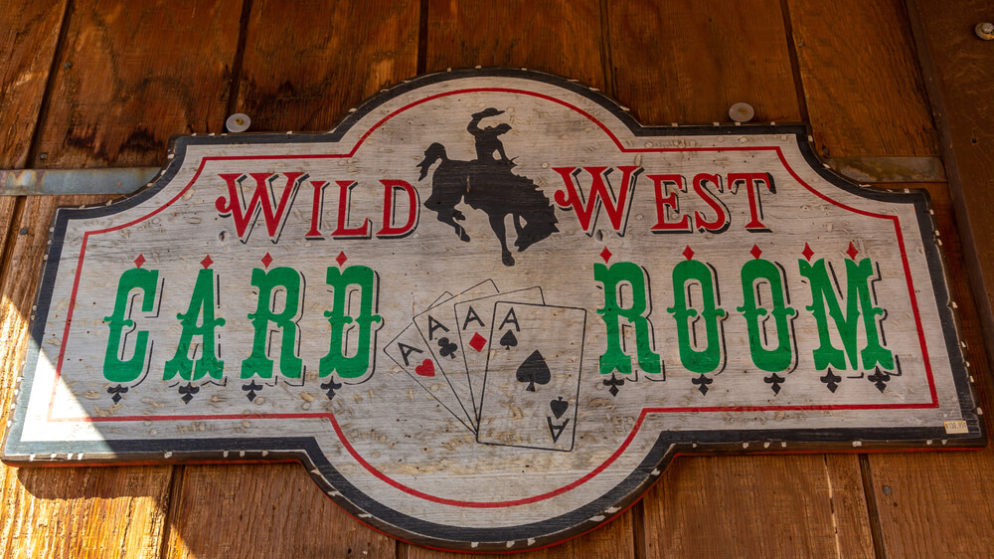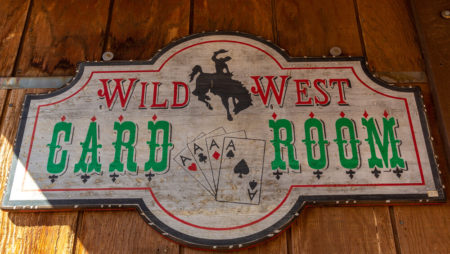

When the Paycheck Protection Program was first launched, any gambling establishment that made more than one-third of its income from gambling was ineligible. However, later the federal government expanded eligibility to establishments earning less than 50% of their income from gambling, and finally, all restrictions have been removed.
What we cover
The issue was brought to the Senate and House leadership
The issue was raised by members of the Nevada congressional delegation, and also Senator Michael Bennet of Colorado. The gaming industry also chimed in.
Slot machines and video poker is found in all types of small businesses across Nevada; it’s common to find slot machines at the grocery store, gas stations, and restaurants. Many small businesses found they were ineligible for the forgivable loans, due to having a few slot machines.
The Nevada congressional delegation said in a letter to House and Senate leadership:
“Many of our state’s casinos, including hotels, are small businesses. Together, they employ tens of thousands of people across the state, they are the backbone of Nevada’s economy. These small businesses are in both the large urban areas as well as our small rural communities. Moreover, many small Nevada businesses such as bars, restaurants, grocery stores, and convenience stores have gambling equipment and make revenue from it.”
When the issue was brought up during a press conference, President Trump responded by saying, “I will take a look at that strongly, nobody’s told me about it.”
Montana gaming establishments benefit too
There are around 1,400 licensed gambling operators in Montana. Since the shutdown, they’ve been closed. These establishments have around 15,000 workers who have been unable to go to their jobs since March.
“This is good news for workers of many main-street businesses around Montana,” the state’s Attorney General Tim Fox said. “Since before the Paycheck Protection Program was established, I’ve been in regular contact not only with the Small Business Administration but also the White House. I’ve been actively seeking assistance and relief for Montana’s employers and their workers.”
“All of our gambling licensees are eligible now for loans to help them through this challenging time,” remarked Angela Nunn, administrator of the Montana Department of Justice’s Gambling Control Division. “I encourage all small businesses to reach out to the Small Business Administration and apply for assistance to bridge the gap. We’re just beginning to re-open our economy.”
Arizona joined the fight
Arizona Senators Martha McSally and Kyrsten Sinema and Representative Tom O’Halleran also advocated for a change in the rules, responding to the needs of the state’s tribal casinos.
“The exclusion by the federal government of gaming operations from much needed coronavirus-relief funding was unacceptable,” Senator Sinema said. “I’m glad the Small Business Administration and the Treasury Department did the right thing. Now, Tribal communities with casinos have full access to the Paycheck Protection Program.”
According to a statement by Senator McSally, the Navajo Nation’s Twin Arrows Navajo Casino Resort, the Yavapai-Apache Nation’s Cliff Castle Casino and Hotel and the Hon-Dah Resort Casino belonging to the White Mountain Apache are just a few of the tribal casinos in Arizona that will benefit from the program.
Tribal Casinos get much-needed help
Following the release of the original guidance, the National Congress of American Indians, the National Indian Gaming Association, and the Native American Finance Officers Association also lobbied congress and the Trump administration to ensure tribal casinos would be included in the funding programs.
“The National Indian Gaming Association urged all member tribes operating gambling facilities with 500 or fewer employees to apply for the Paycheck Protection Program as soon they could,” National Indian Gaming Association Chairman Ernest Stevens, Jr. said.








